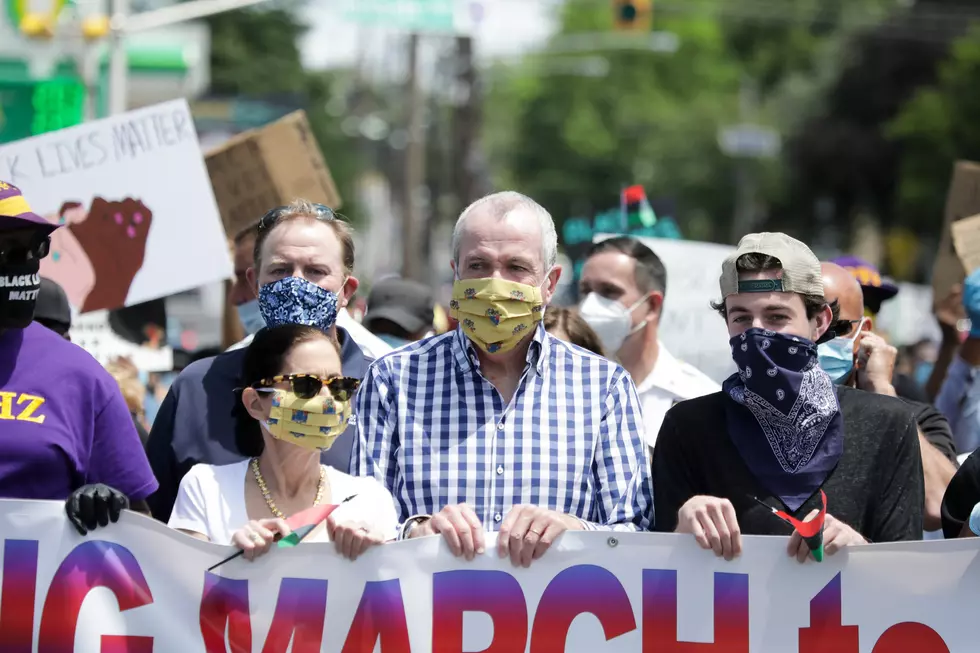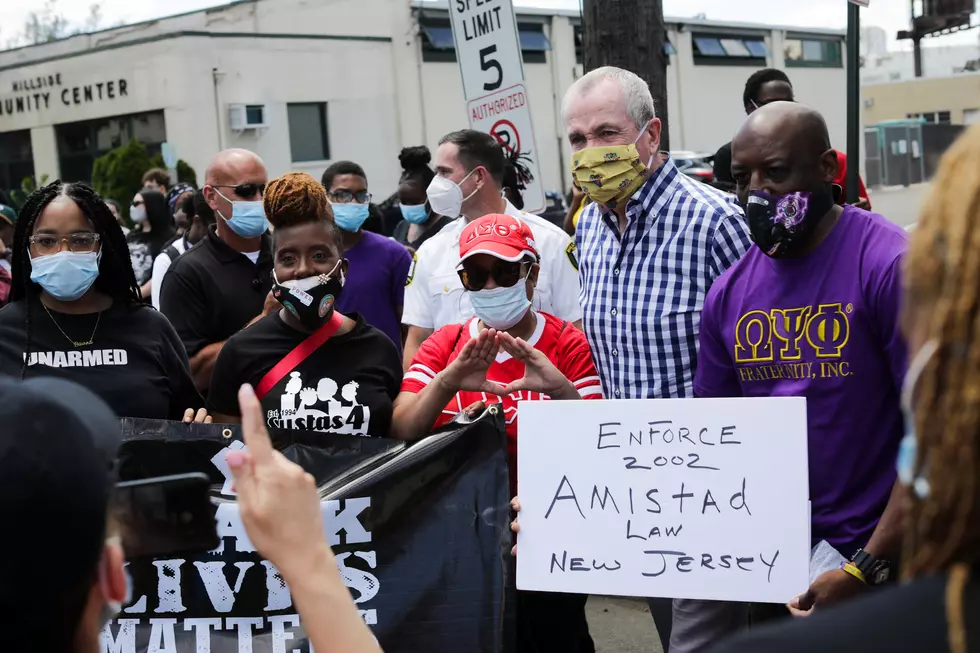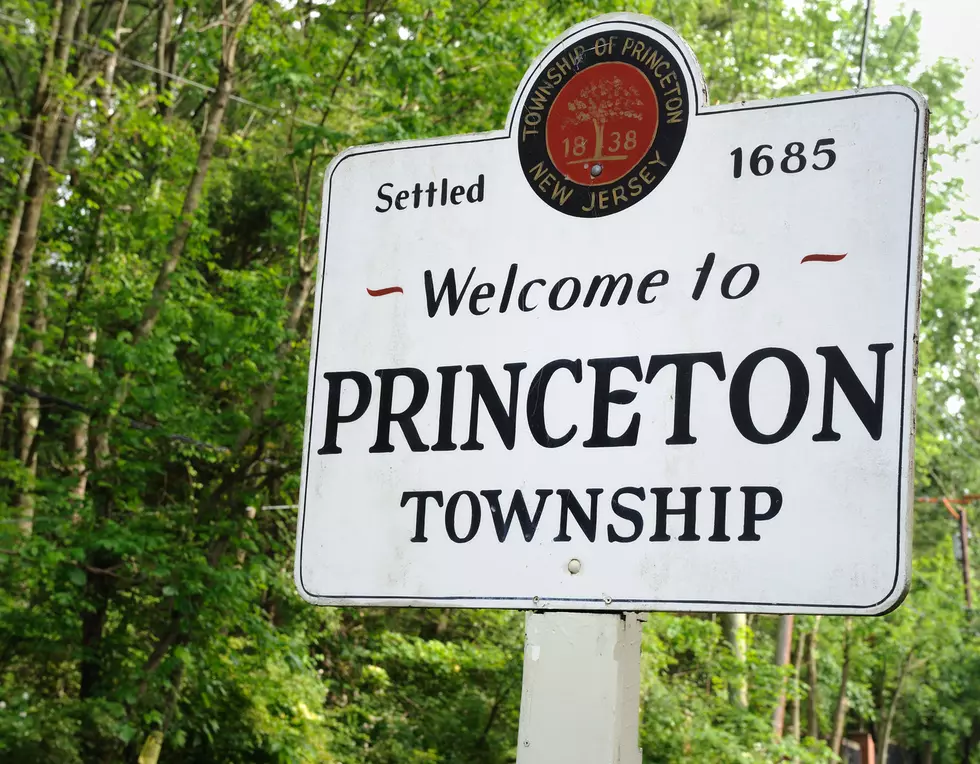![Why A YouTube Video Puts The U.S. In International Turmoil [AUDIO]](http://townsquare.media/site/385/files/2012/09/movie.jpg?w=980&q=75)
Why A YouTube Video Puts The U.S. In International Turmoil [AUDIO]
A new wave of anti-American protests is erupting throughout the Middle East, seemingly spawned by a low budget short movie insulting Islam. However an expert believes the video is only one the surface of a much deeper issue.
The video, called "Innocence of Muslims" produced privately in the United States, was released on You Tube several months ago and only recently become a flashpoint for protest, as well as the catalyst blamed for the death of an American ambassador to Libya.
VIDEO: Watch Innocence Of Muslims
Professor Scott Bennett, professor of history at Georgian Court University says these protests are a second wave of protest from citizens of Arabic Countries after the Arab Spring that resulted totalitarian regimes in Egypt and Libya being toppled. He notes while the first revolutions that removed the power structures of the country were mostly orchestrated by middle class people-many of whom are secular. The protesters in these demonstrations are primarily working class, most of whom lack the formal education and exposure to global culture possessed by the middle class.
"They're the ones in Tahrir Square. They are the working class folk, they are fundamentalists in a much larger percentages than what we saw before. And I don't believe they understand the distinctions at all."
He notes for people who have lived in totalitarian regimes for so many years, there is a problem with delineating the difference between what is created by an individual and what is mandated by the state.
"They believe incorrectly that this video has the impellor of the United States on it because form their point of view, living in a police state all their lives in Egypt, they can't fathom how something like this can be produced without either the cooperation or at least accountments of the government. "
Imam Hamad Chmad Chebli, spiritual leader of the Islamic Center of Central Jersey in South Brunswick, says the issue can be seen as a large misunderstanding from both sides.
"From the sides of our brothers and sisters who are non Muslims they misunderstand who is the Prophet Mohammad in our lives as a prophet, as a model, as a messenger; and the people on the other side of the world they misunderstand the meaning of what we mean when we say 'freedom of speech'"
Chebli explains education from both sides is the best solution.
"Maybe the people there they don't understand anything about us as Americans except Marlboro, the Cowboys, and weapons we send overseas. They don't understand how we live our life here."
Professor Bennett concurs that not only is it important a more "real" perception of the United States is delivered to the rest of the world, it's important students get a comprehensive understanding of life in other parts of the world.
"Just like we would like other people to better understand the United States, we need to understand them and that means focusing in our schools more on history and politics and global culture and languages. "
Noting the education won't be just important for future international relations, but for the economic and material safety of the country.
"I would argue this knowledge is fundamental to preserving our national security, our economic security, it's fundamental to protecting peace over war. "
More From New Jersey 101.5 FM









